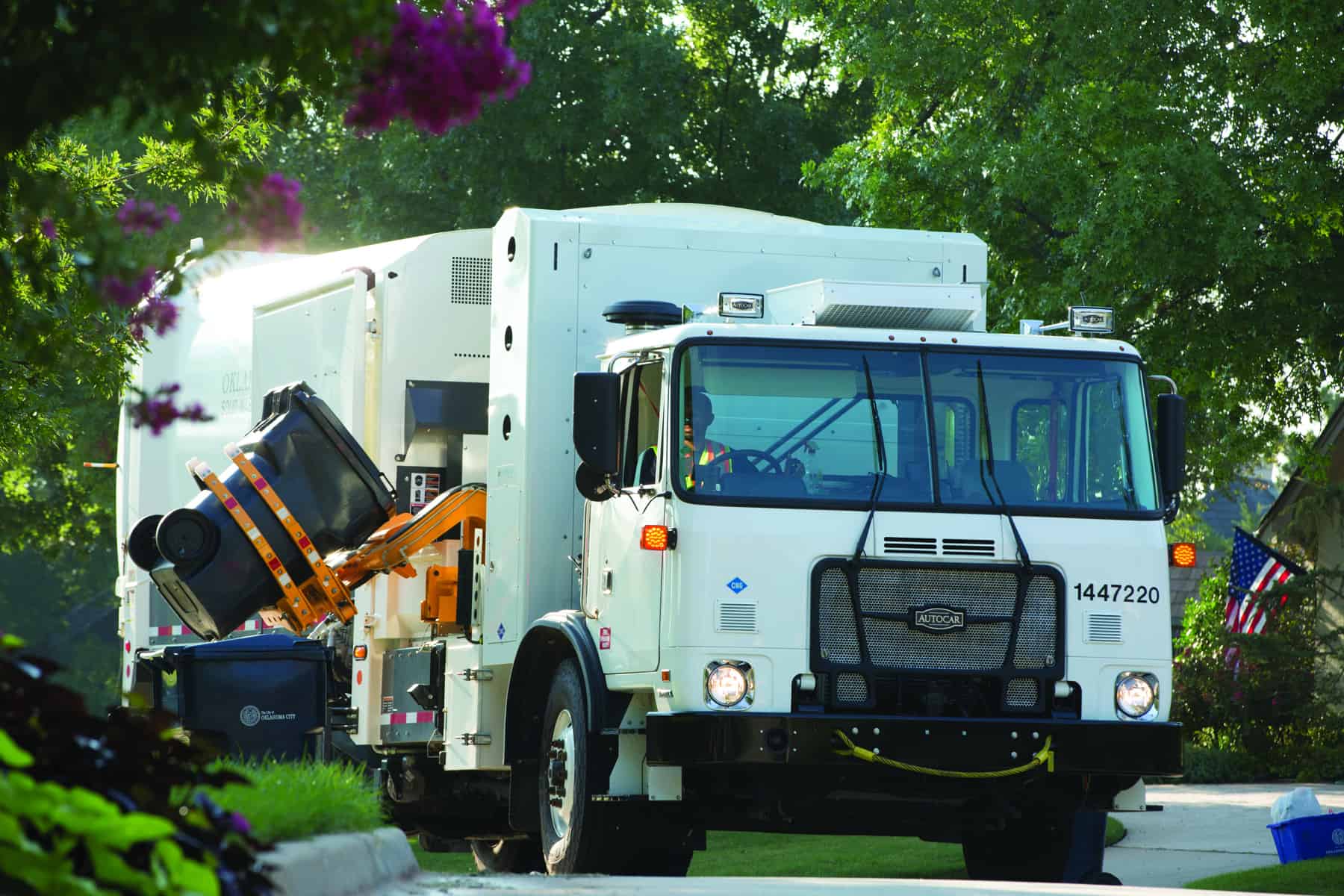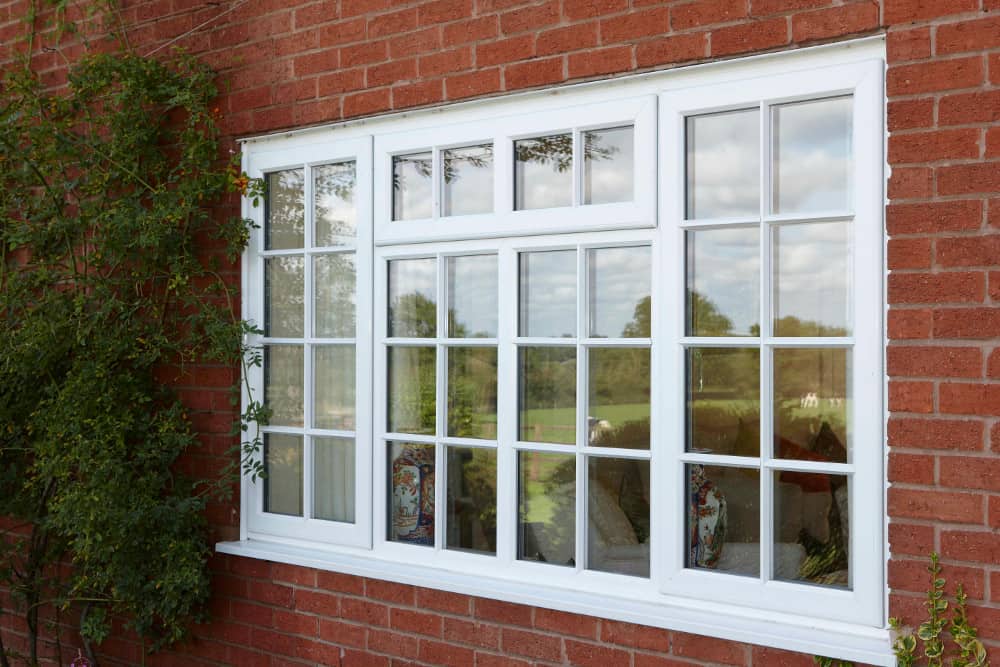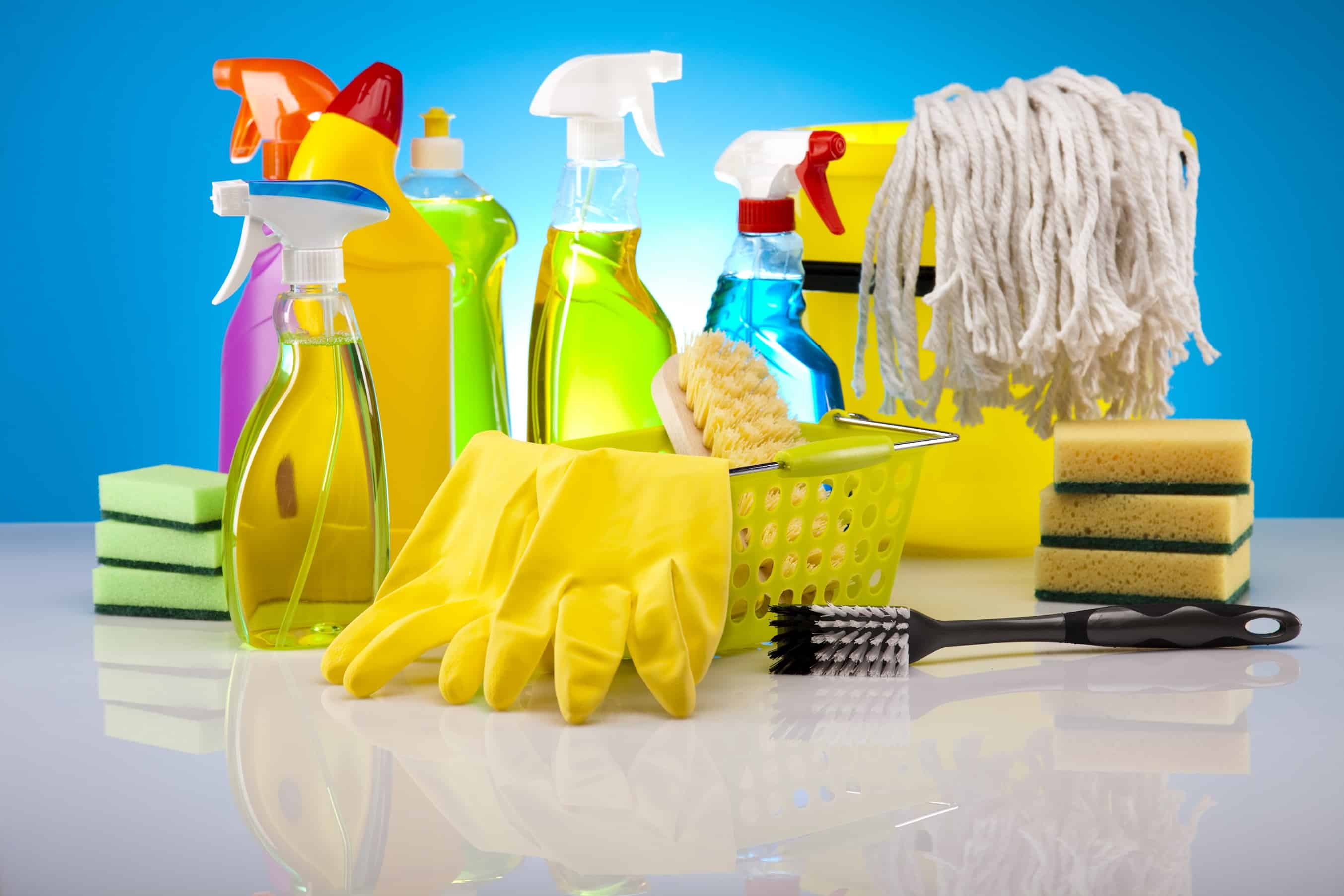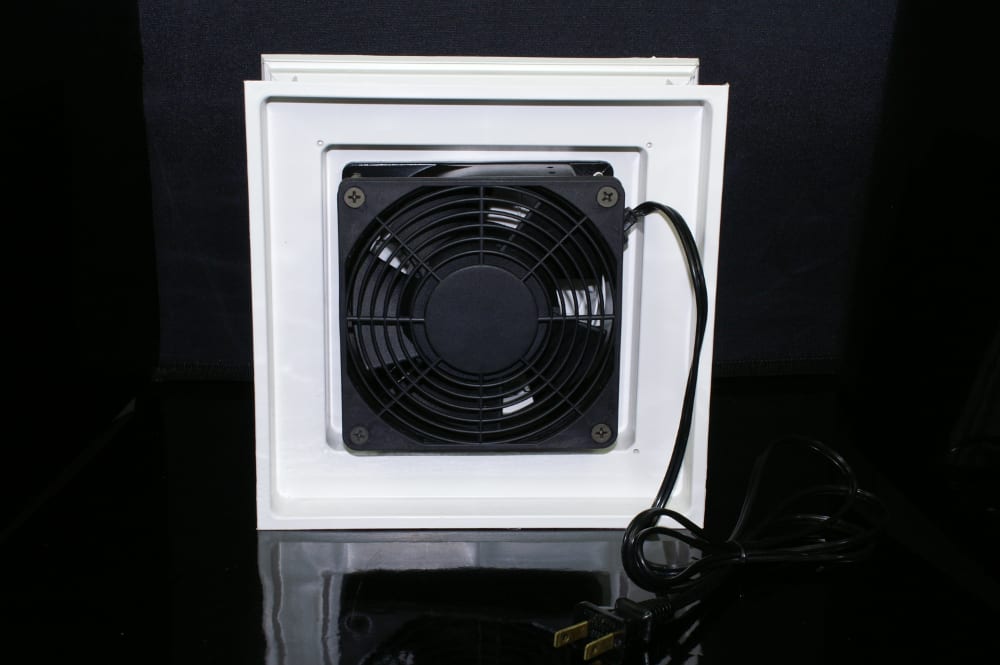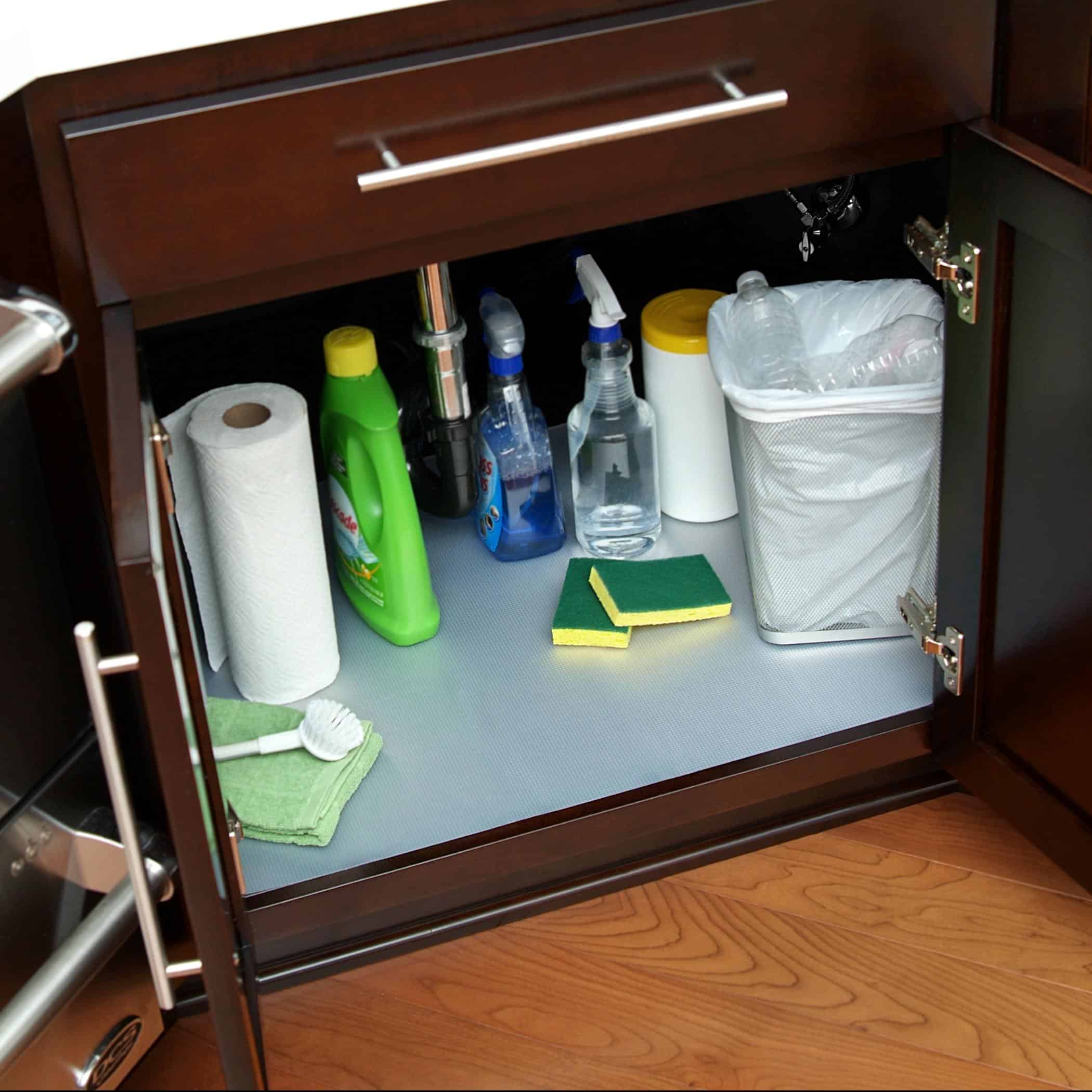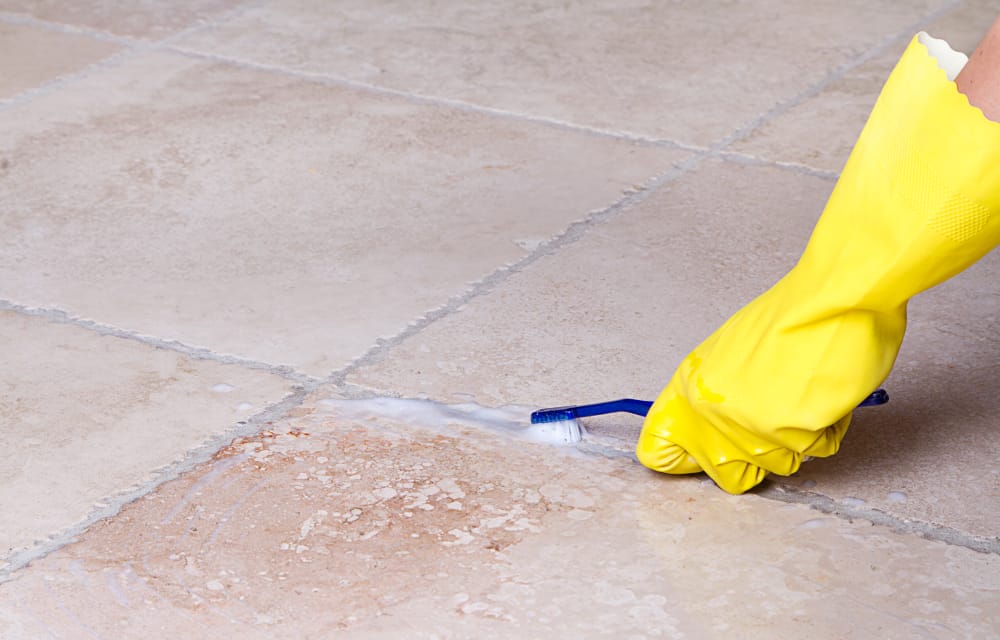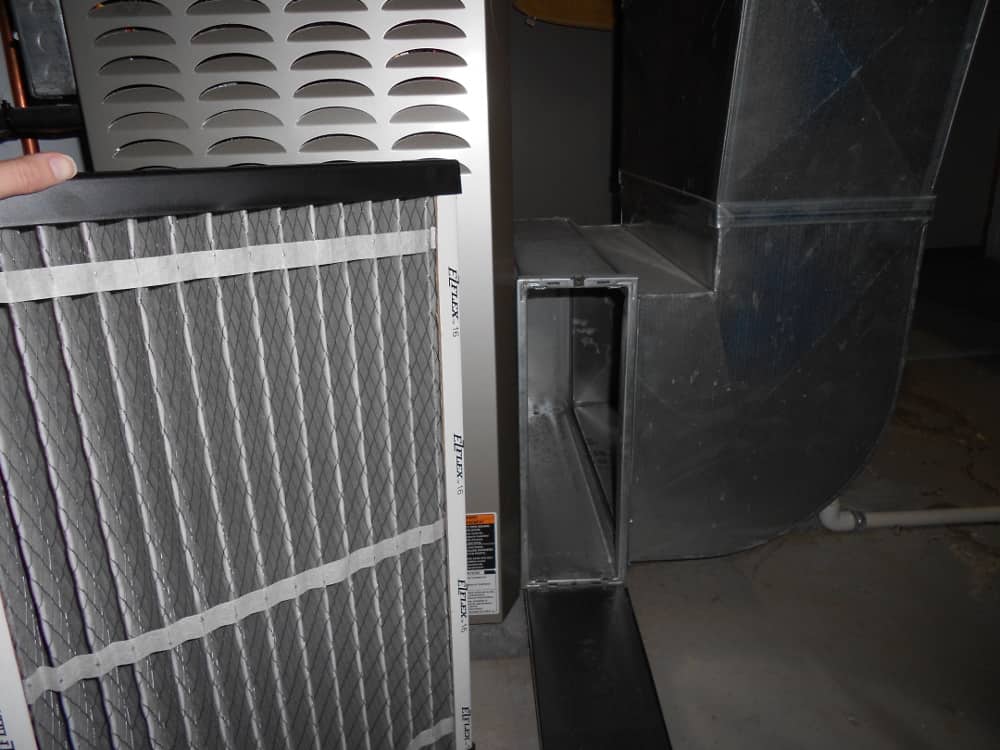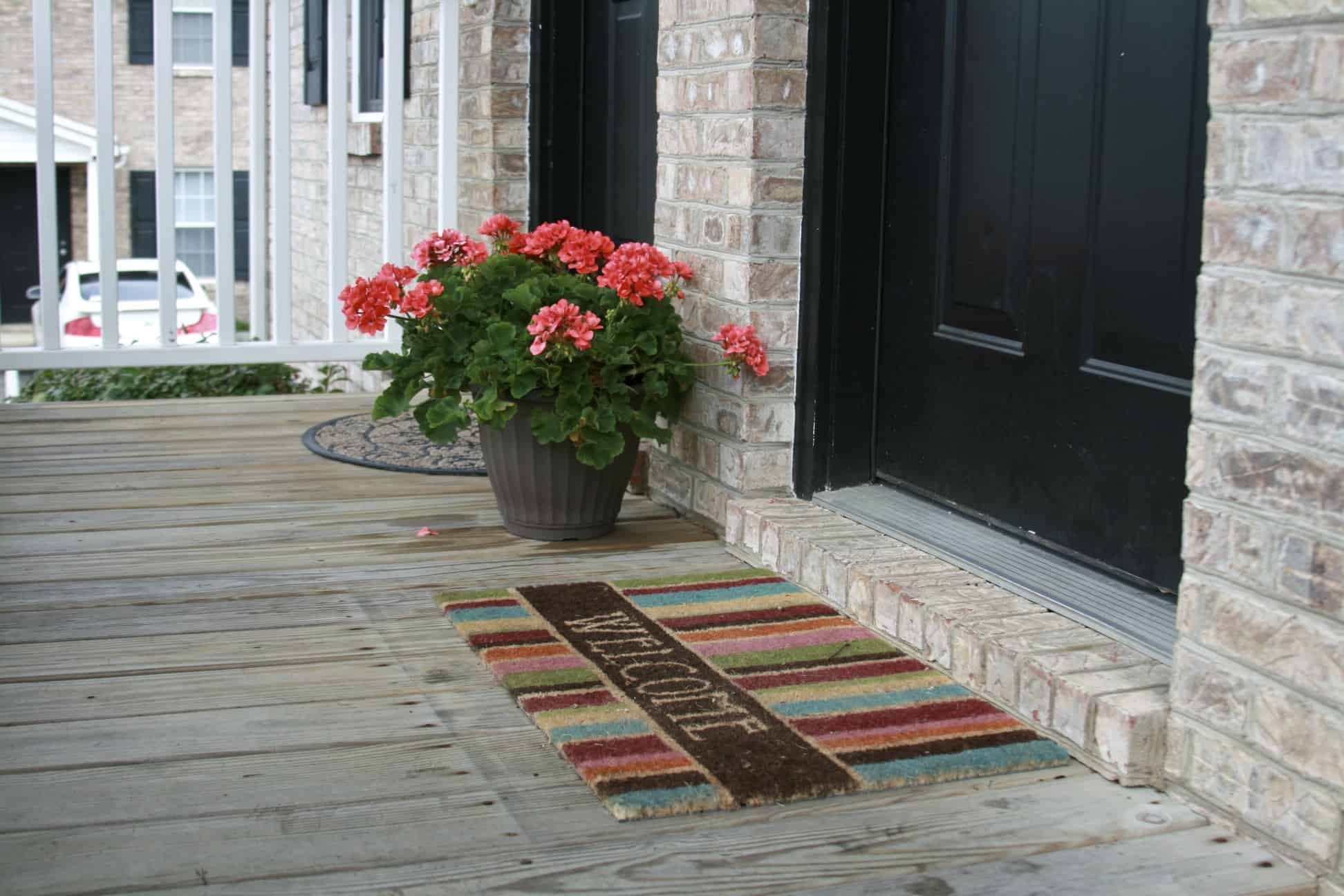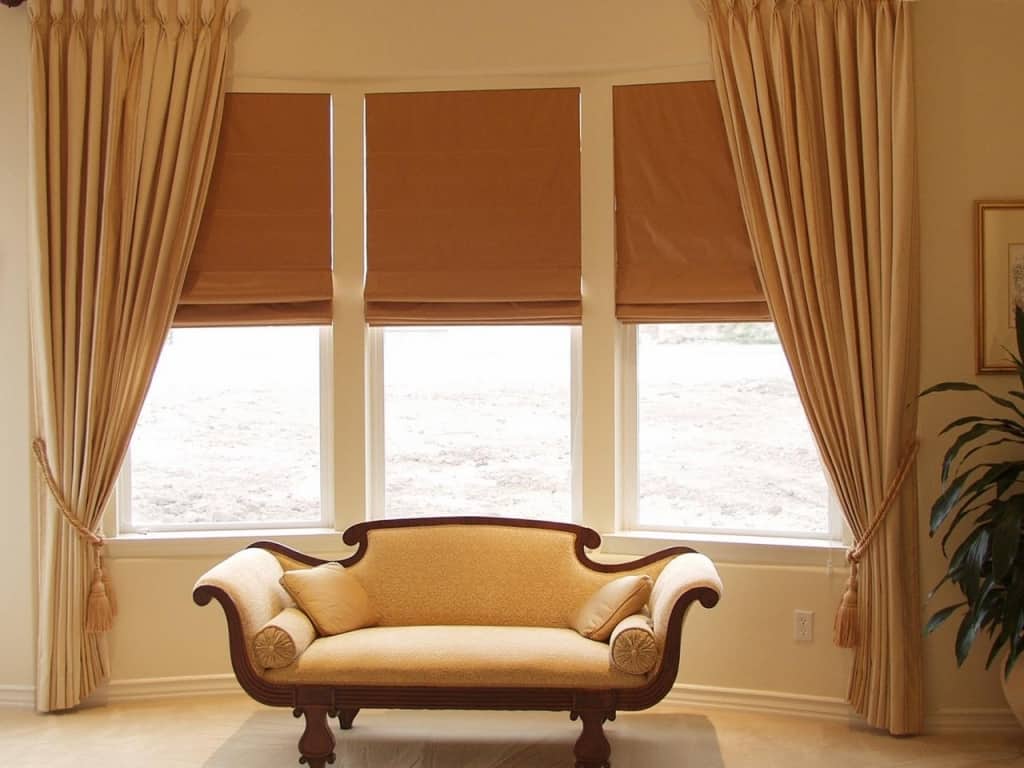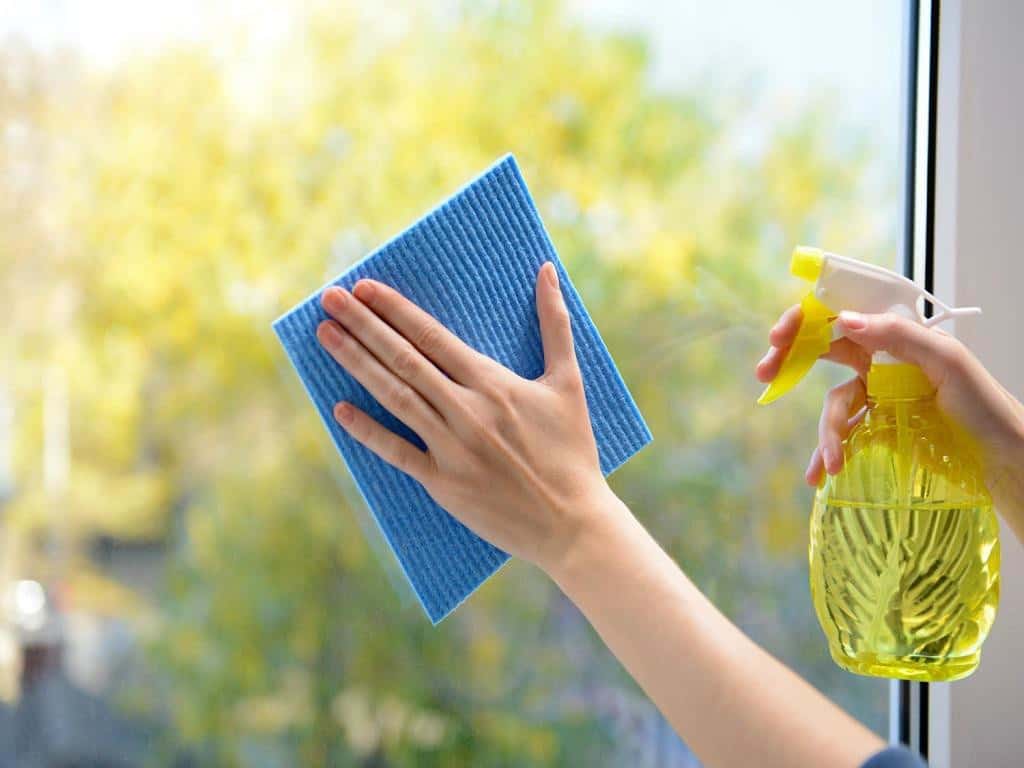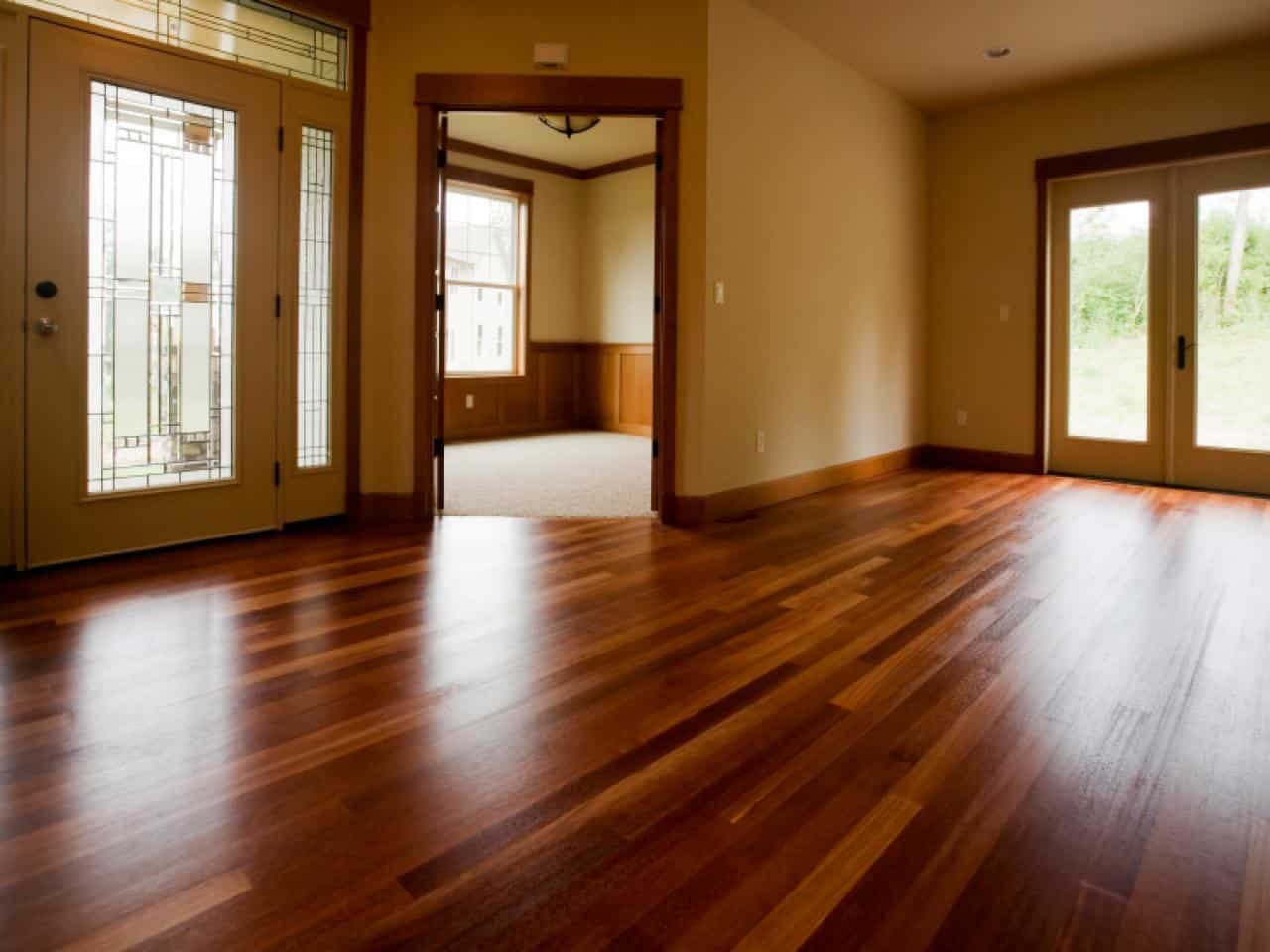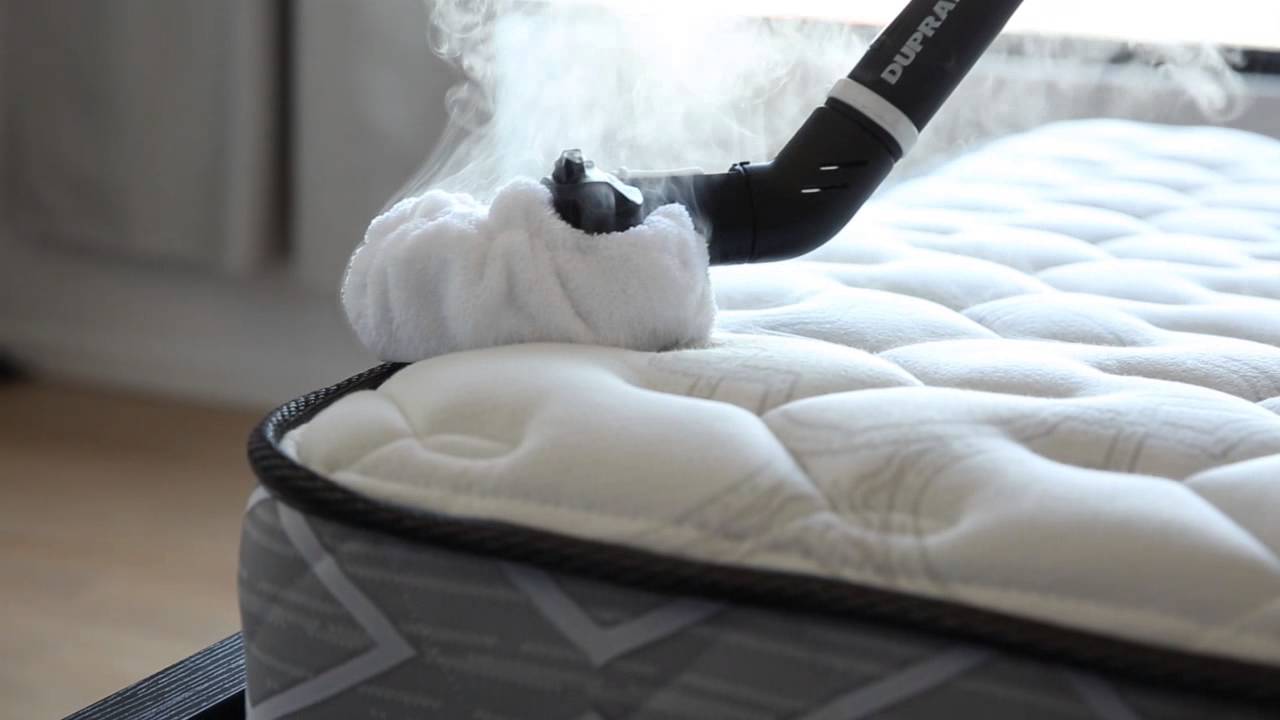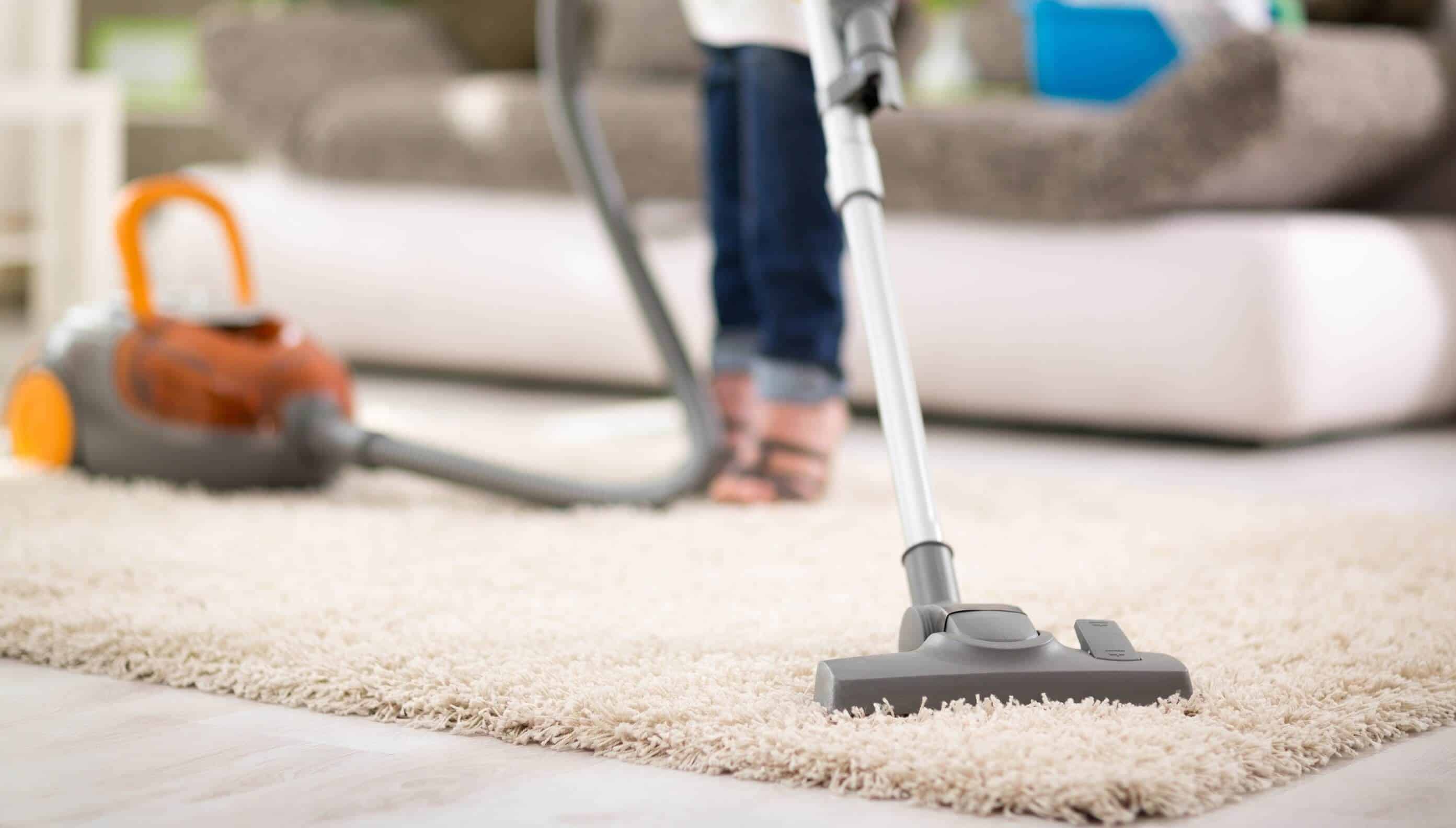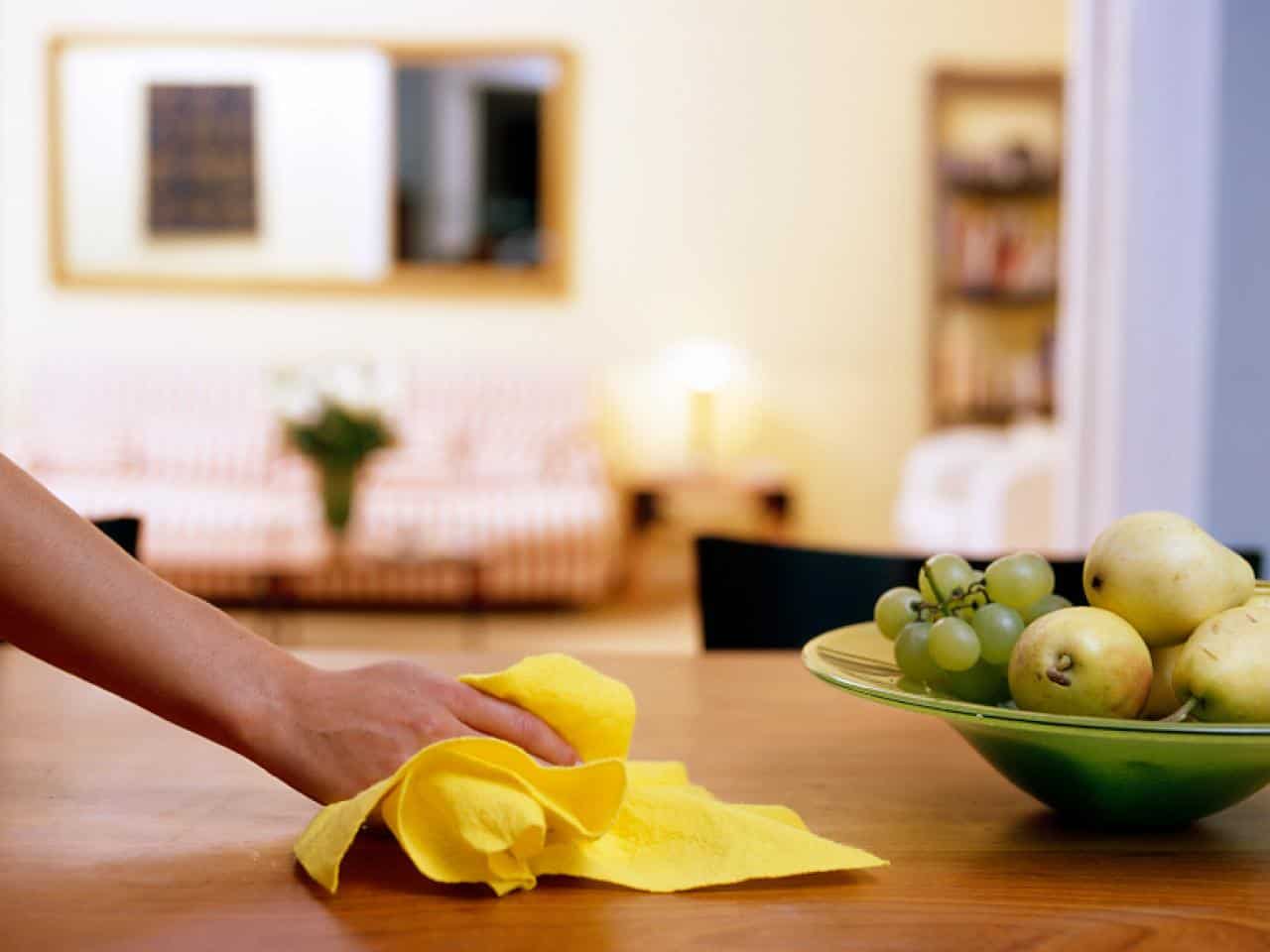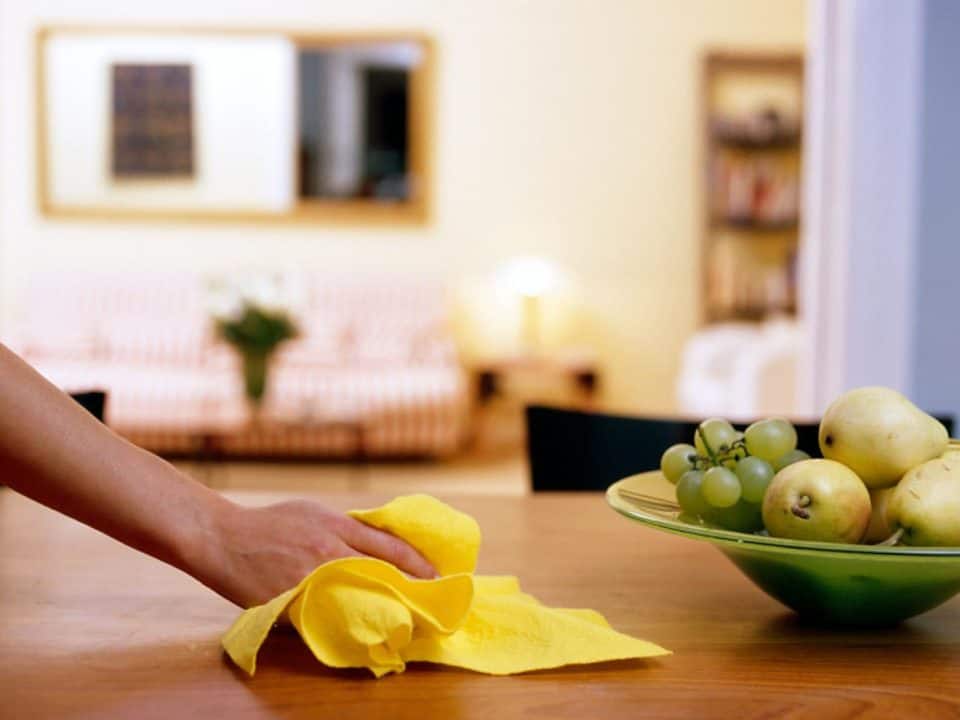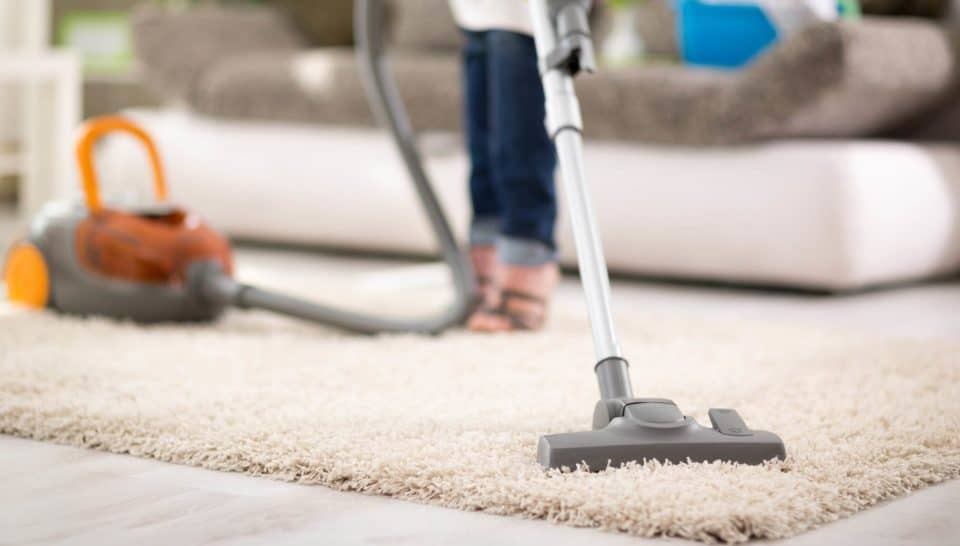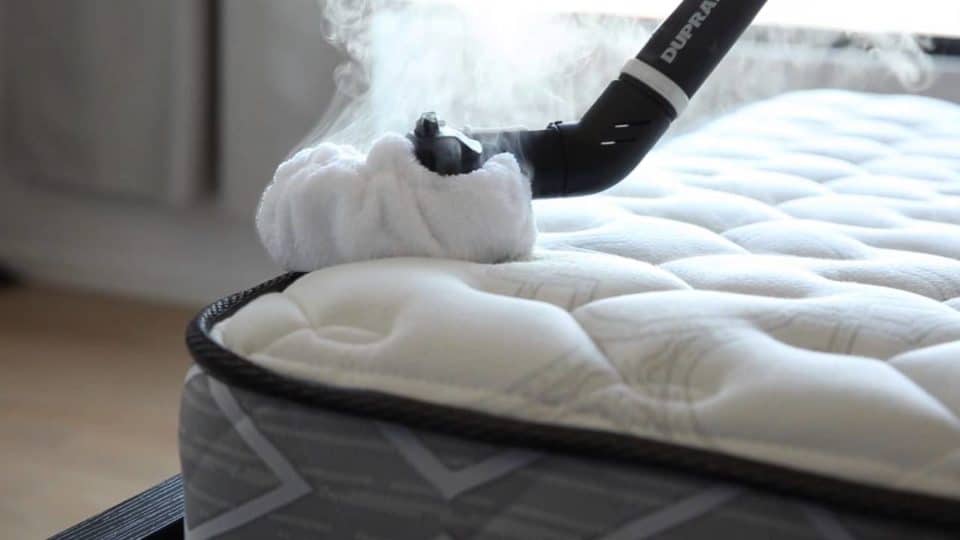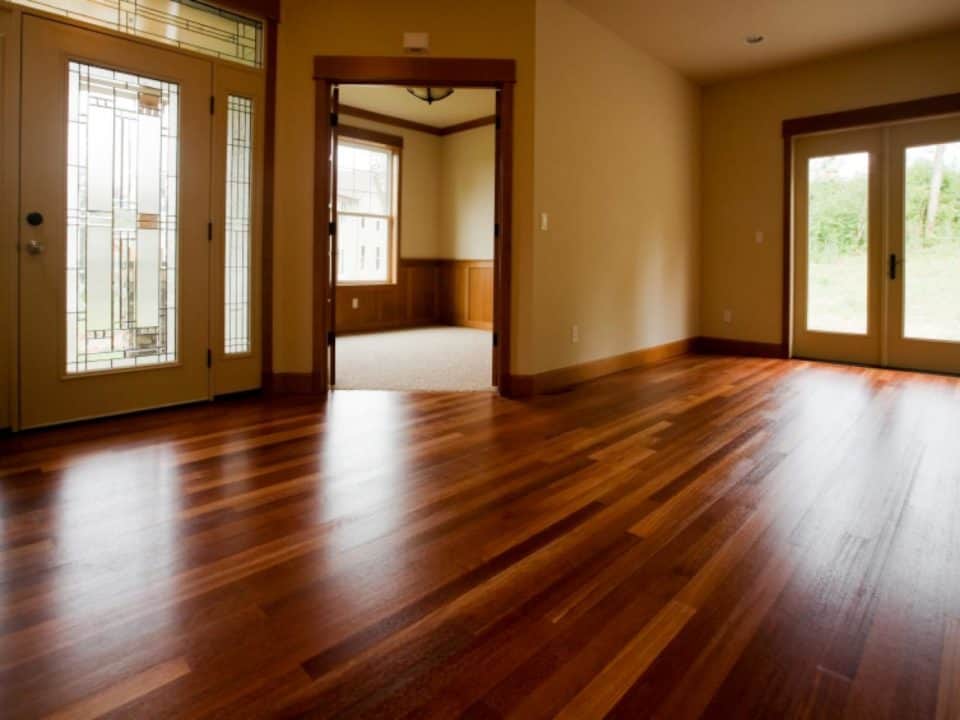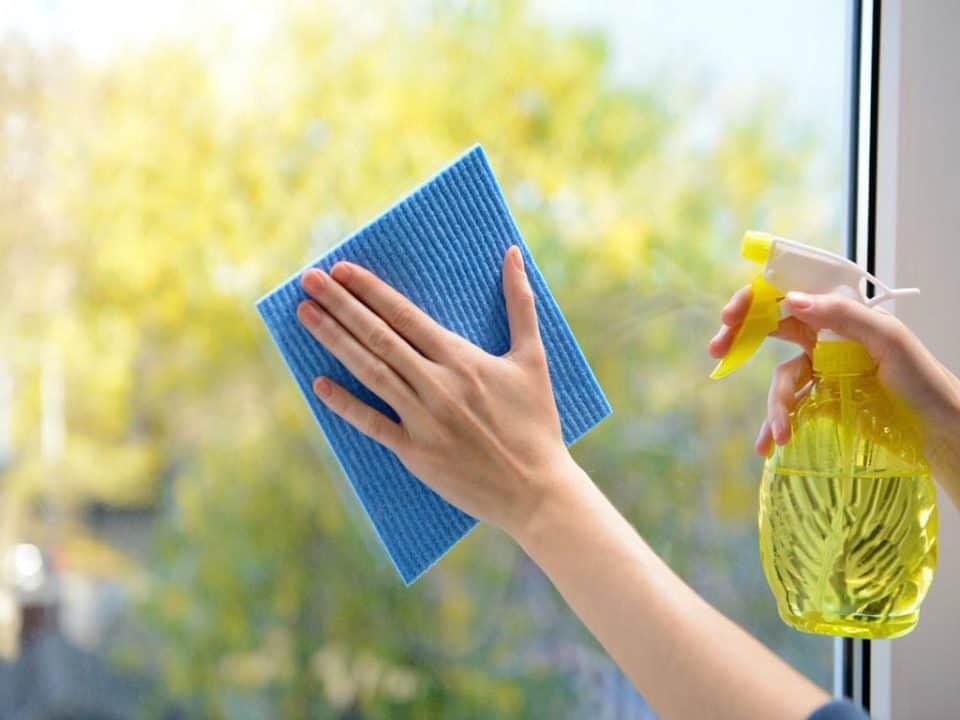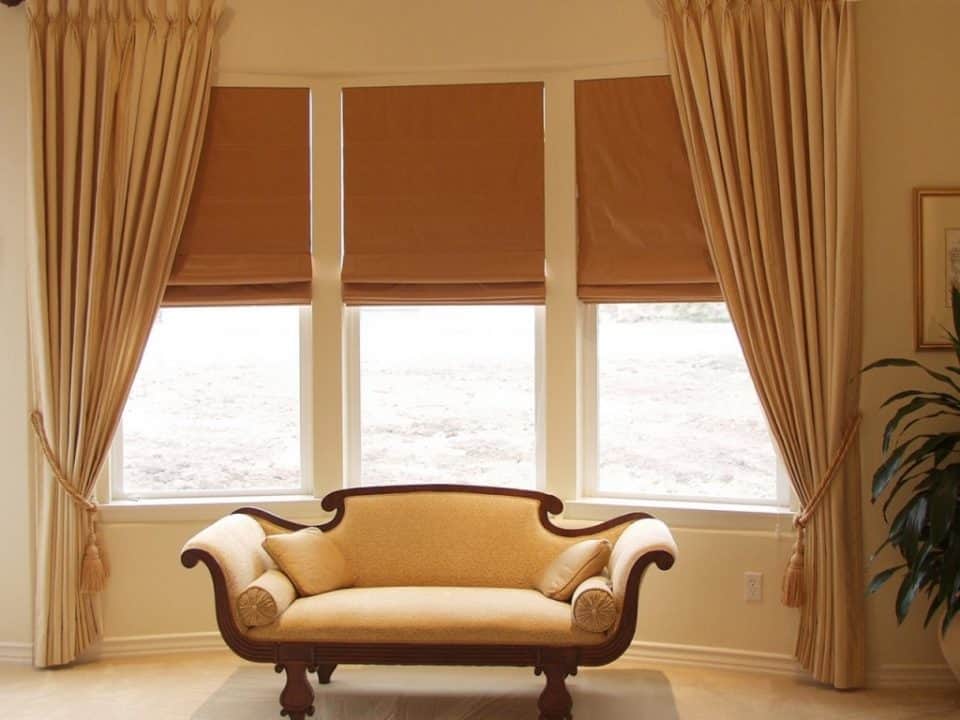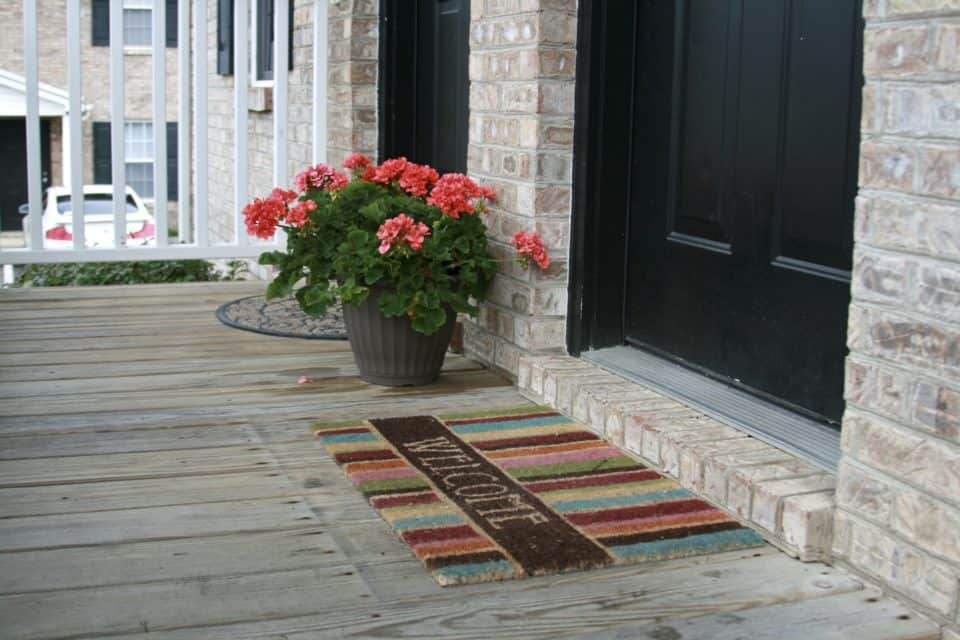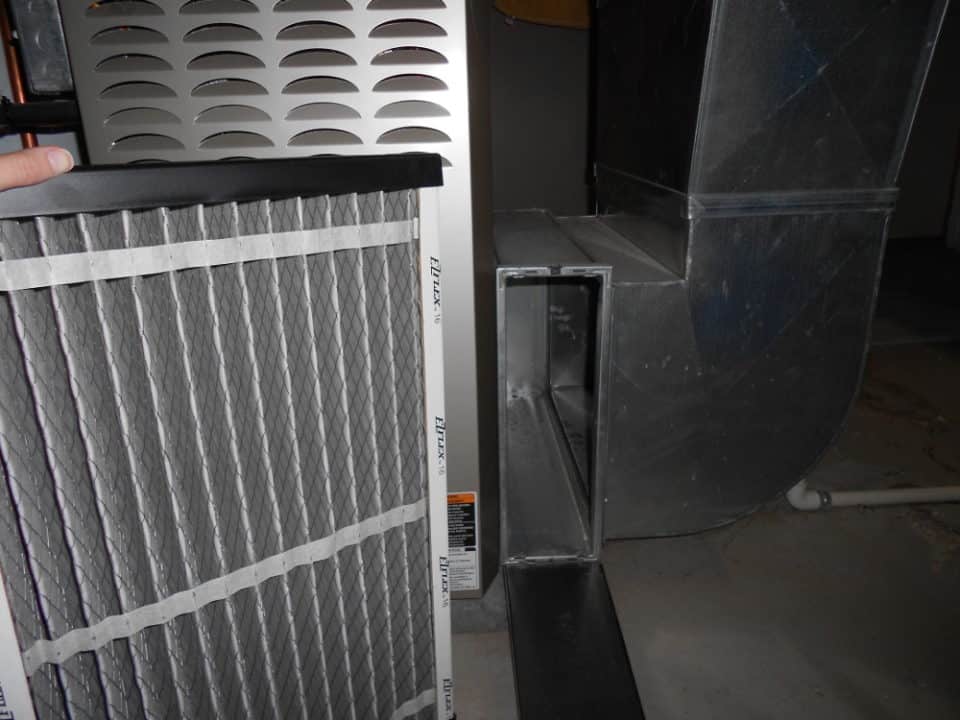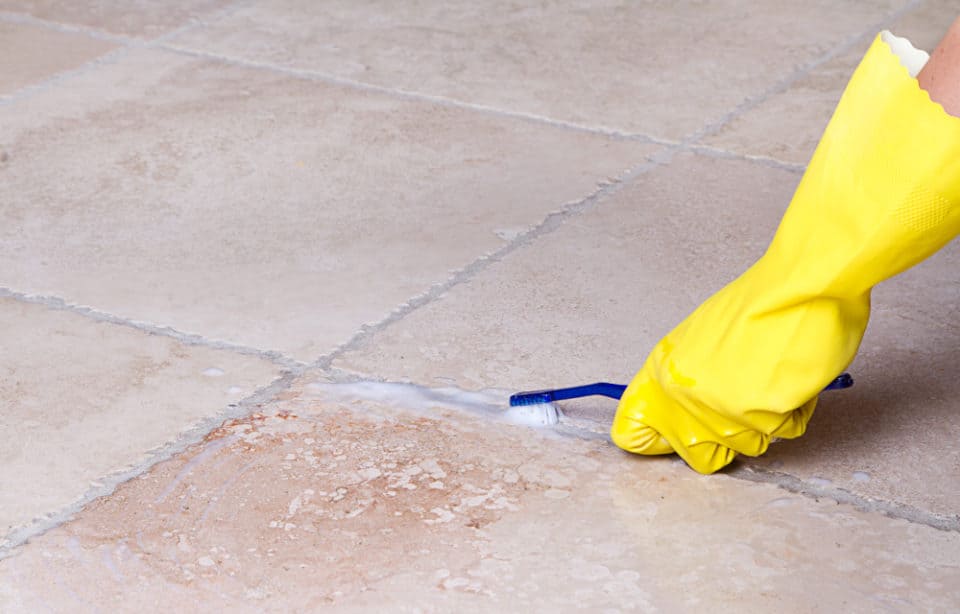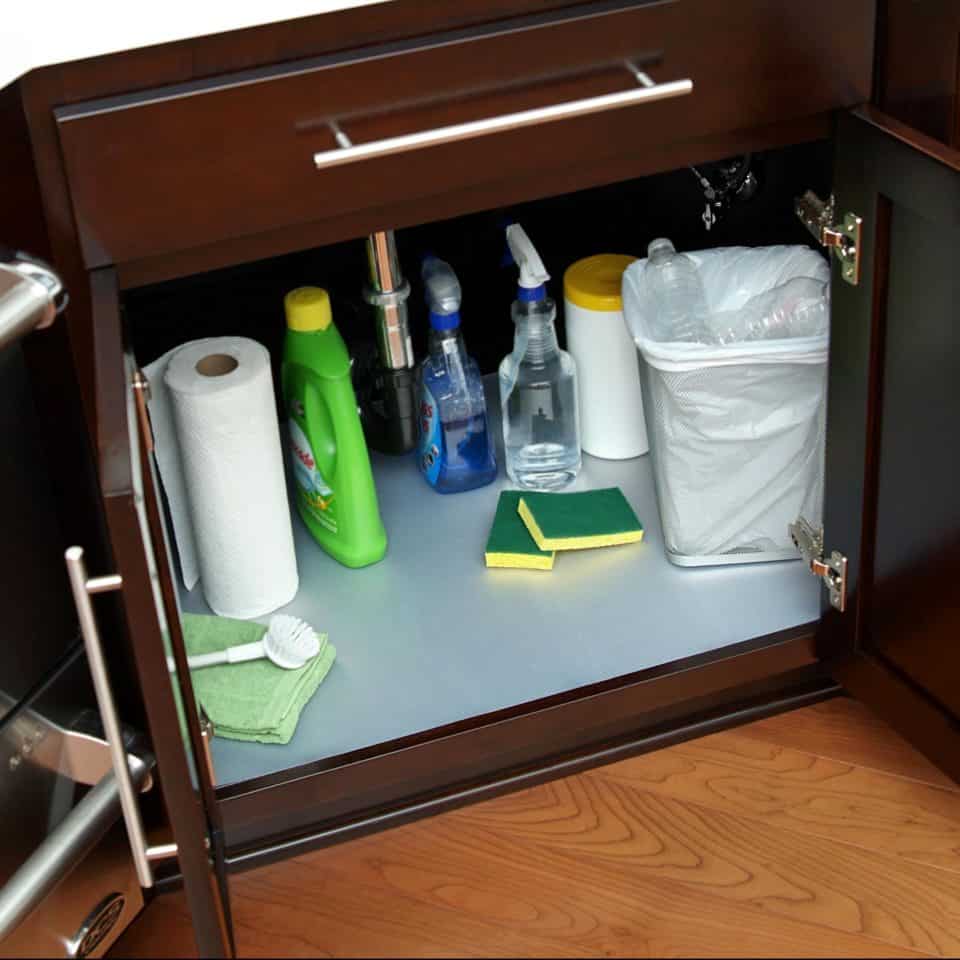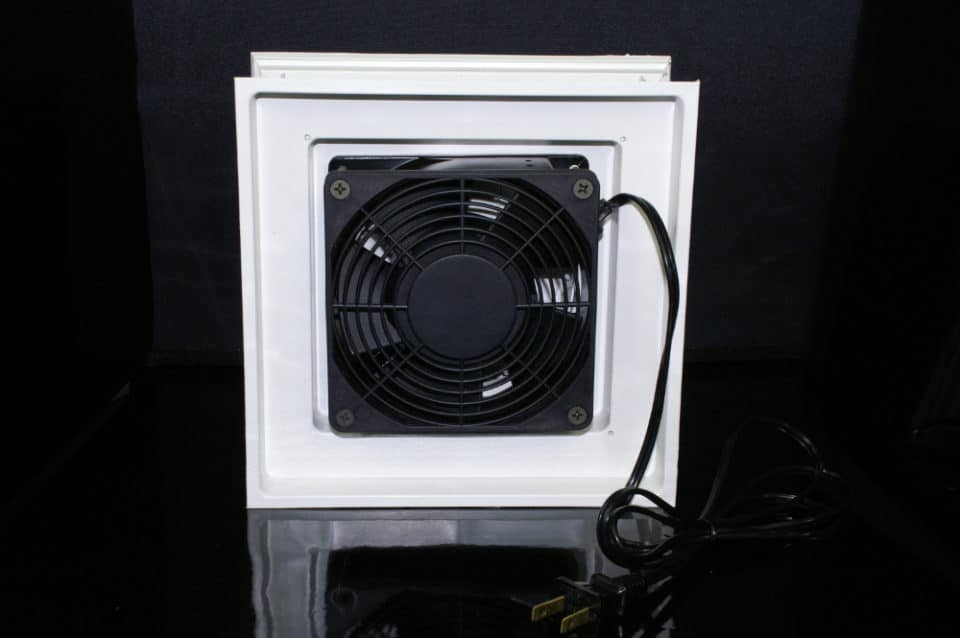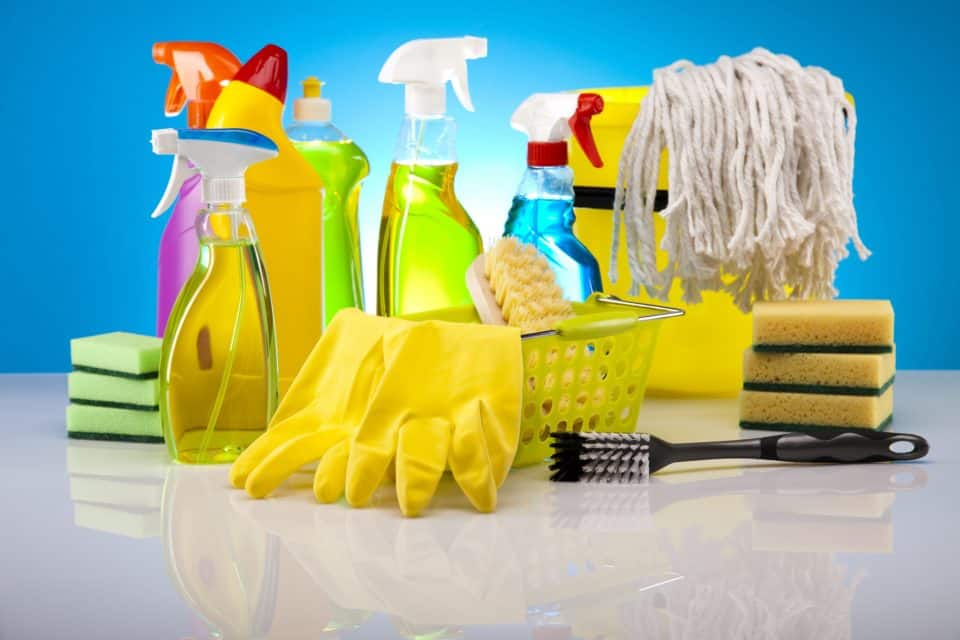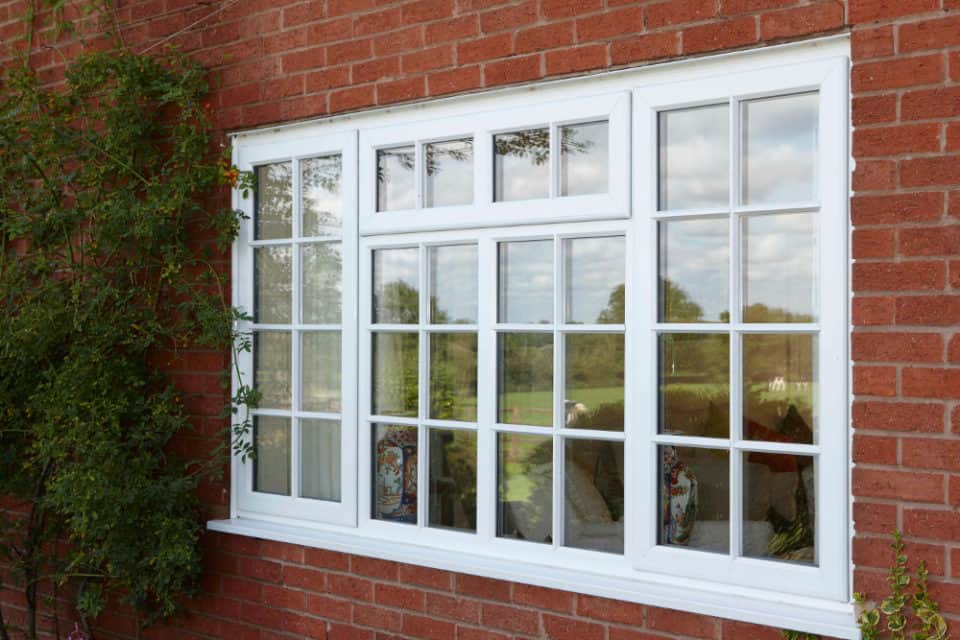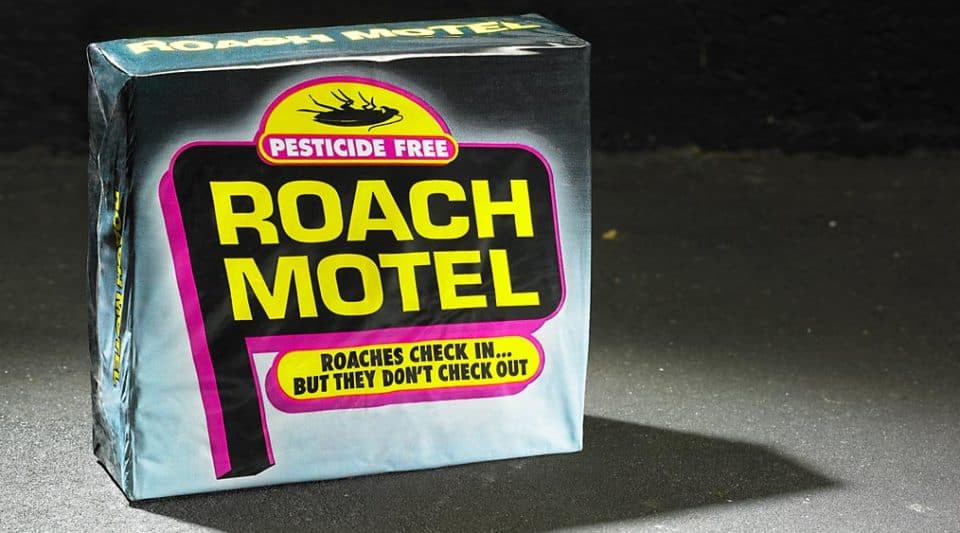Our resistance to environmental factors alters, causing us ever more distress as what we eat, what we breathe, and what we drink erodes our system. So, you can anticipate ever worsening allergies to food, air pollution, pollen, and tactile irritants so long as you stay on this mortal coil. To help prevent these things from overwhelming you, it’s important to fight back by reducing allergens of all kinds in your environment. Here’s 20 ways to reduce you allergies in the one place where you have control: your home.
Get Plants
Plants help filter the air, add aesthetic to your decor, and will lower allergens in the home by taking harmful chemicals out and replacing them with sweet, sweet oxygen.
Wet Dust
Dusting with a dry cloth tends to kick up dust rather than clean it. Always use a wet cleaning rag or cloth to get rid of dust. Dust in the air means dust mites, which are a huge offender in the allergy world.
Vacuum Often
Getting dirt, dust, pollen, dander, and other allergens out of your carpets is a quick way to cut down on allergy outbreaks. Use a vacuum with a High-Efficiency Particulate Air (HEPA) filter. These trap tiny particles and don’t let them jump back into the air. If you don’t have one, it’s worth spending the money to get one, or suffer with allergies.
Clean Your Bedding
We spend a third of our life in our bed, and it’s a huge trap for dead skin, dust mites, and all other irritants. Wash your bedding every single week, and do a deep clean of your mattress and pillows at least once a month. Adding in dust mite covers and/or hypoallergenic bed clothes can greatly help stop or limit allergy outbreaks.
Reduce Cloth
Pulling up carpets and replacing your flooring with hardwood, laminate, or linoleum is a big step, but it pays off in far fewer places for allergens to hide. Choosing furniture with wood or metal frames and limited cushions also give these problem particles fewer places to hang their microscopic hats.
Wash Your Windows
We don’t think of windows as being allergy sites, but they often develop mold and mildew thanks to condensation and wetness. This is particularly true if they have wooden frames. Keeping these clean is key to stopping the spread of potentially harmful factors.
Change Your Blinds
Choosing blinds that are machine-washable and then keeping them clean will also avoid having allergens hide there. Anything you can’t wash should be wet dusted regularly or replaced.
Know Thyself
Understanding what will set off your allergies is as important as keeping your home safe from them. By going to an allergy specialist to determine what starts the motor of your histamine reaction you can better target your cleaning to suit your body.
Mat The Doors
The outside world is full of problematic stuff that can irritate your nose, eyes, and skin. By putting rubber mats both inside and outside of each door, you can stop stuff from the exterior making its way inside.
Change Your Filters
Your heating and cooling system are outfitted with filters that need to be changed regularly. The more you use them, the more you should be checking the filters. Typically, swapping them out every three months is enough, but check them each month until you’re sure how often they need to be changed out or cleaned.
Scrub Tiles
Bathrooms, despite seeming like one of the cleanest rooms in the house, can be prime sites for mold. Too much wetness is as dangerous as air that is too dry, so get rid of any mold that is making a home in your den of cleanliness. Caulk and seal areas that seem to be constantly wet.
Go Deep
Inside cabinets, under sinks, in light fixtures, and on the blades of fans, allergens can hide anywhere. If you’ve gotten all the broad strokes, make sure you’re cleaning the places you don’t always think about. Your problem might be hidden away in your closet or under your couch.
Vent to the Outside
If you have fans in your home, try to get them to vent to the outside of the house, rather than re-circulating air back in. This is especially true for the kitchen and bathroom, as those fans could easily be moving around rather than eliminating potential irritants.
Avoid Harsh Chemicals
Using green and ecologically friendly products isn’t just good for the Earth, it’s also better for your home. Harsh cleansers and scrubs, as well as dyes and perfumes, can all contribute to allergy outbreaks.
Partition Your Pets
While we all love our furry friends, they tend to hide a lot of problems in their coats. Keeping them clean is job number one, but also keeping them off of most furniture, especially your bed is helpful as well.
Lock Your Doors and Windows
You don’t actually need to lock them, since that won’t truly help, but every time you leave a door or window open, you give away control of your household. The less your windows stand open, the fewer ways the ugly world can gain ingress. Rely on air conditioning during the summer and heat during the winter.
Kill Pests
Cockroaches and other insects are annoying unto themselves, but their droppings also tend to dry out and carry substances into our breathing tubes that can cause no small number of problems. Set traps to eliminate any tiny invaders who are bringing their filth indoors.
Throw Out Trash
By taking the trash out each and every day, you don’t allow it to grow mold or mildew that you have to breathe. Any and all organic material stuck in a dark can will get wet and release toxins into your environment.
Burn Nothing
Fireplaces and stoves are the worst offenders, but candles and flame lamps can be just as bad. Fire puts out smoke, and smoke has all kinds of chemicals in it that aren’t healthy to huff.
Handle Your Humidity
Ideal humidity is generally about 40%. Too wet and you get mold and mildew, too dry and dust flies around at all times. If you can manage it through humidifiers and dehumidifiers, keep your interior at a safe and healthy level for fewer problems.


